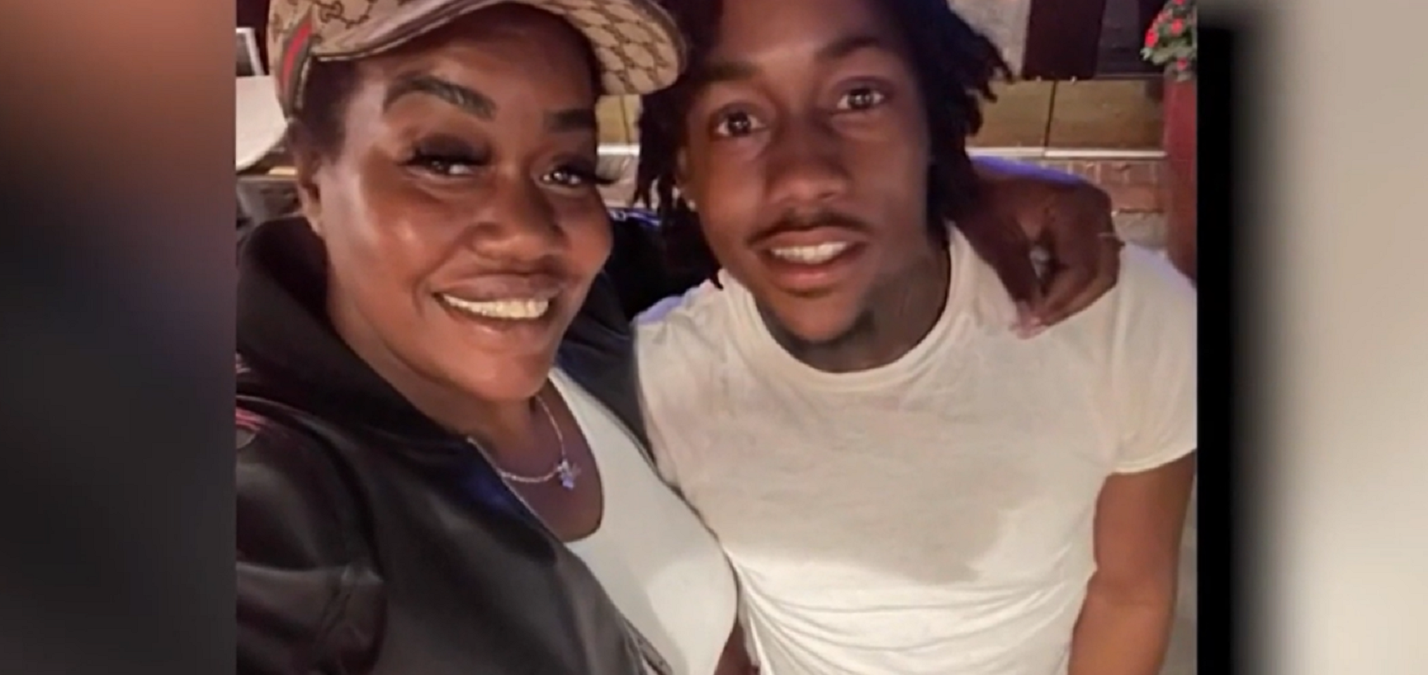Aiden Taylor, 5, recently demonstrated the meditation pose he learned during a -virtual family yoga and meditation class.
“He will be doing laps around the house, and then he’ll stop and say time to calm down and he just drops, and he's like a sits and crisscross applesauce, and he does that, 'Ohm, ohm,'” said Bridgette Taylor, Aiden’s mom.
The Taylor family participated in the class, organized by Bounce Children’s Foundation, a non-profit to help families of chronically-ill children. Kyleigh, 7, has multiple lung and kidney issues, but that doesn’t stop Kyleigh and her siblings, Aiden and Kevin, 10, from having a lot of energy.
“We have a pretty active group, so the idea of just being able to connect and teach them ways to calm down, was really helpful,” said Jim Taylor, the siblings’ dad.
Feeling out of the loop? We'll catch you up on the Chicago news you need to know. Sign up for the weekly Chicago Catch-Up newsletter here.
Lisa Lorenz, owner of Gratitude Yoga, taught the class. She says the emphasis was about “teaching children to be in the present moment, and to look around and notice all the little things that they're grateful for.”
It’s a message backed by science, according to Dr. Nia Heard-Garris, a Lurie Children’s Hospital pediatrician.
“More recently the studies have shown that mindfulness has been really, really helpful for a lot of children who are going through the most stressful situations, and I think we can all agree this is a pretty stressful situation that we all find ourselves in right now with COVID-19,” Heard-Garris said.
Local
In addition to her job as a pediatrician, Heard-Garris also has an 8-year-old son, who she teaches the importance of gratitude.
“Every time we eat together we talk about the good part of our day, the bad part of our day and what we're thankful for,” she said.
In her yoga classes, Lorenz talks to kids about turning their attention away from what they don’t have and instead focusing on what they do have.
“The work is finding the good and practicing giving thanks and being grateful. So, it's a practice,” Lorenz said.
Other ways parents and caregivers can incorporate gratitude into their children’s daily lives include encouraging them to write in a journal.
They can also create a gratitude jar, where children write down on slips of paper things they are grateful for and place them in the jar, where they can revisit them on tough days.
A third way is encouraging kids to write thank you notes, as Heard-Garris does with her son.
“It helps him remember somebody did something nice for me. I should be grateful for that. But not only that, it helps him to then think about doing something nice for someone else,” Heard-Garris said.
While more study is needed, meditation could also help boost your child’s mental health.
“It helps with your coping and helps you notice the things that are going well in your life. It also helps to increase your self-regulation, so your control over your emotions, and decreases your impulsivity,” Heard-Garris said.
With their kids active in other ways, Jim and Bridgette Taylor admit they had never thought about their children trying yoga or meditation before, but they are glad they took the virtual class.
“It kind of forced us to pause and slow down and think, even in the midst of a pandemic, there are so many things to be grateful for,” Bridgette Taylor said.
There are several free apps you can use that offer yoga and meditation. Find them here, along with many other resources to guide parents and caregivers, as we all work to boost our kids mental health during this pandemic.



